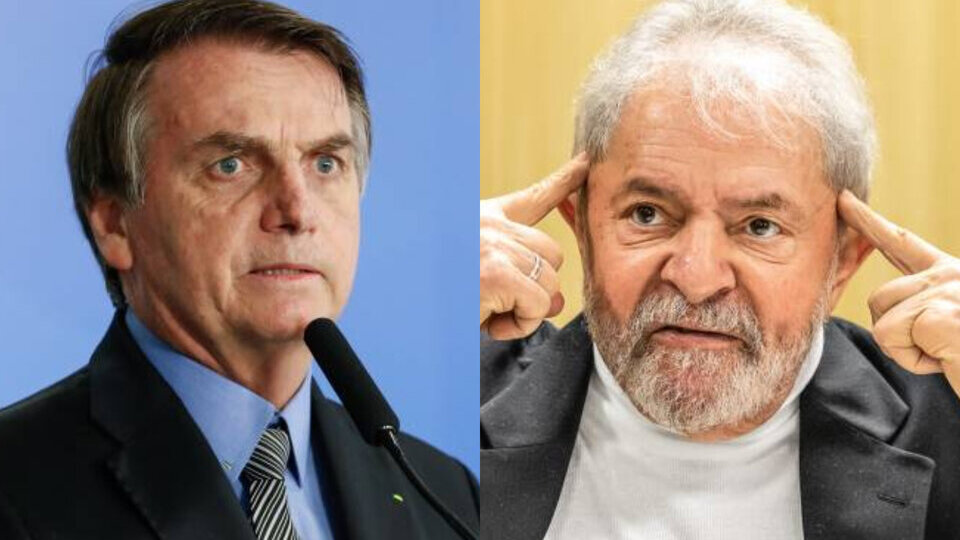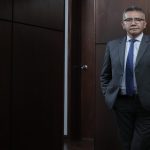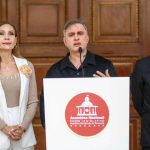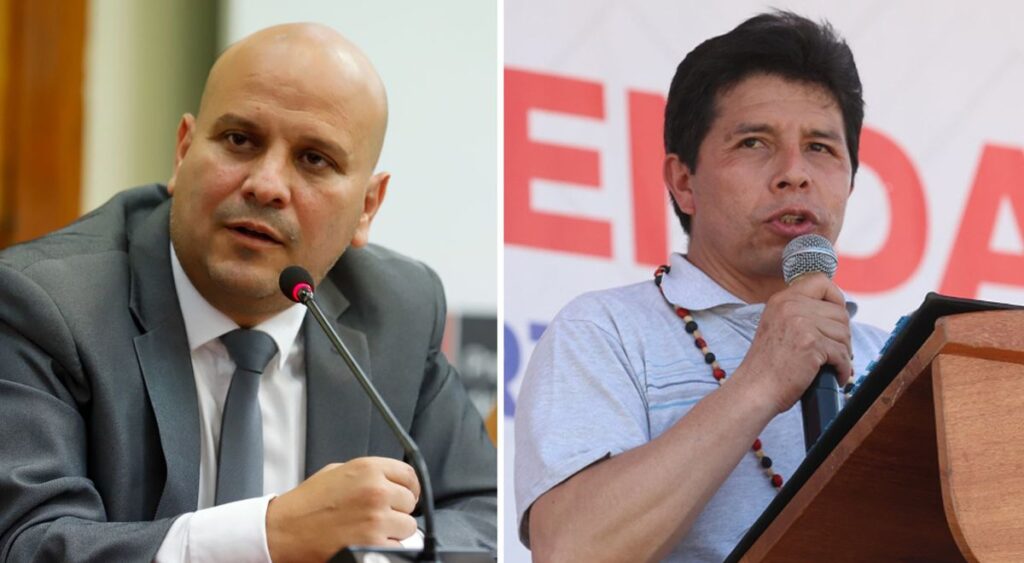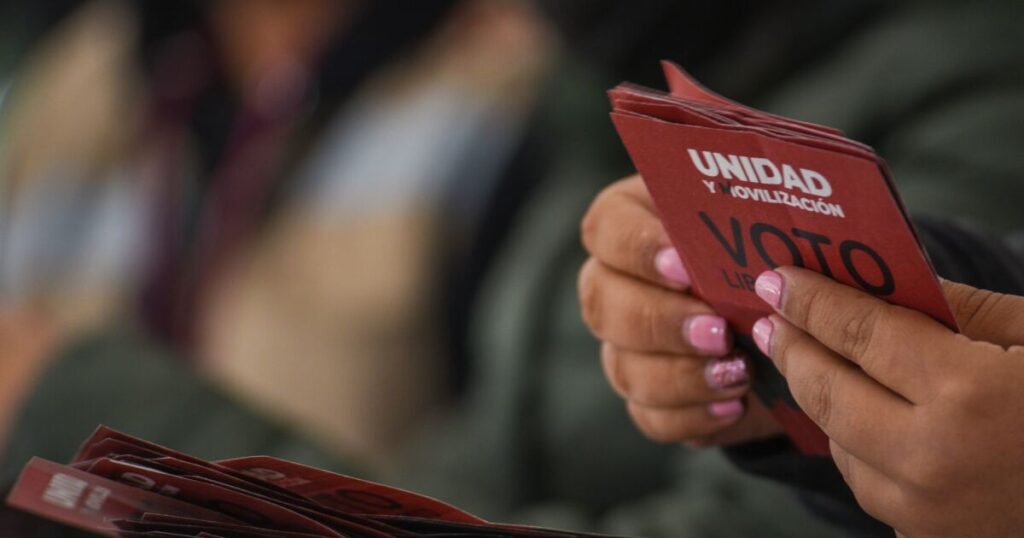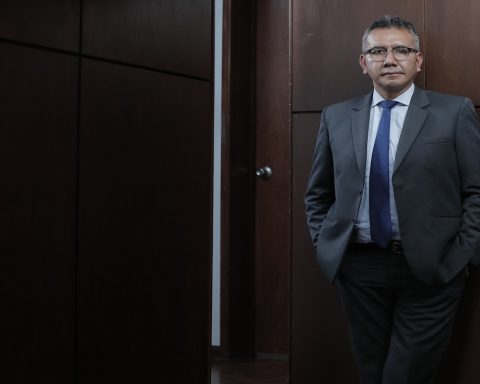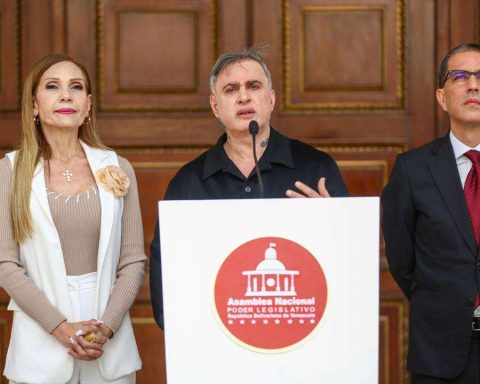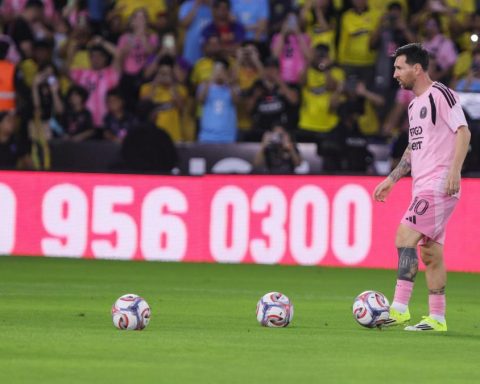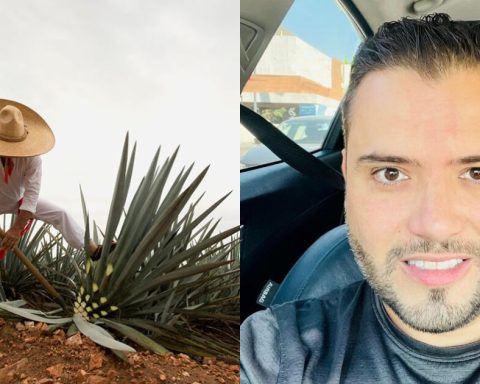Venezuela and Colombia formally resumed diplomatic relations with the arrival in Caracas on Sunday of the Colombian ambassador Armando Benedetti, appointed by the new president Gustavo Petro, after three years of diplomatic rupture.
Source: AFP
“Relations with Venezuela should never have been broken, we are brothers and an imaginary line cannot separate us, much less a public policy of the State as happened with President (Iván) Duque, we are going to reestablish relations with Venezuela”, former senator Benedetti said on Twitter.
The Colombian diplomat assured that more than 8 million Colombians live from binational trade with Venezuela, so one of the objectives is to restore trade relations between the two countries.
A similar expectation exists on the Venezuelan side, where industrialists yearn to normalize the trade that existed for years.
Upon his arrival in Venezuela, Benedetti was received by the Venezuelan deputy foreign minister, Rander Peña Ramírez.
“On behalf of President Nicolás Maduro, we welcomed Armando Benedetti, designated ambassador of the Republic of Colombia to the Bolivarian Republic of Venezuela, to the country. Our historical ties call us to work together for the happiness of our peoples. Welcome!” Peña celebrated in a tweet with images of the meeting.
The Foreign Minister of Venezuela, Carlos Faría, pointed out that with the arrival of Benedetti, the rescue of relations between the two countries begins.
“We enthusiastically welcome the Colombian ambassador to our country, Armando Benedetti, confident and full of hope that this will be a new beginning to deepen the ties of brotherhood and cooperation between our peoples and thus move forward together into the future,” he tweeted.
After the coming to power of the leftist Gustavo Petro in Colombia, both countries appointed their respective ambassadors to achieve the normalization of their broken diplomatic relations in 2019.
Petro and his Venezuelan counterpart Maduro announced on August 11 the names of their diplomatic representatives: former Foreign Minister Félix Plasencia is the Venezuelan ambassador in Bogotá, while Benedetti will serve in Caracas.
Plasencia was foreign minister between August 2021 and May 2022 and ambassador to China between 2019 and 2021.
Benedetti, 54, is one of the first traditional politicians to join Petro’s presidential bid, having reached the Senate in 2006 as part of a party founded by Uribe.
COMMERCIAL PROJECTS
Both countries broke relations in 2019, the height of a link plagued by tensions in two decades of clashes between the ruling Chavismo and the right-wing period that Álvaro Uribe began, which ended with the arrival of Petro to power.
A previous restoration was impossible since the previous president Duque did not recognize Maduro as president but the opposition leader Juan Guaidó, considering that the president’s re-election was fraudulent.
This normalization is expected to boost trade, which was close to 7.2 billion dollars in 2008, but collapsed with the partial closure of the border in 2015 and total in 2019.
That closure was marked by statements by President Maduro of an “ambush” on Venezuelan soldiers in the state of Táchira (west), where the most important crossing between the two countries is located.
The Colombian-Venezuelan Chamber manages projections of commercial exchanges of 800 million to 1,200 million dollars in 2022, after last year the figure was around 400 million.
In addition, the migratory issue is crucial, since thousands of people cross the border every day. Colombia hosts two of the six million Venezuelans who have migrated due to the crisis in their country, who received permits to work and access public services.
The reestablishment of relations supposes multiple challenges, an example is the closure of the bordering bridges in Táchira, limited to the pedestrian crossing.
On the Tienditas bridge, in Ureña, there are gigantic containers that block the road, placed by the military when Guaidó led the failed attempt in 2019 to pass shipments of food and medicine sent by the United States, which the Maduro government described as the pretext for “an invasion.”
The porous border of more than 2,000 km that they share is also the scene of clashes between armed groups and public forces, amid complaints by former President Duque against Maduro of giving shelter to FARC dissidents, ELN guerrillas and drug traffickers.
